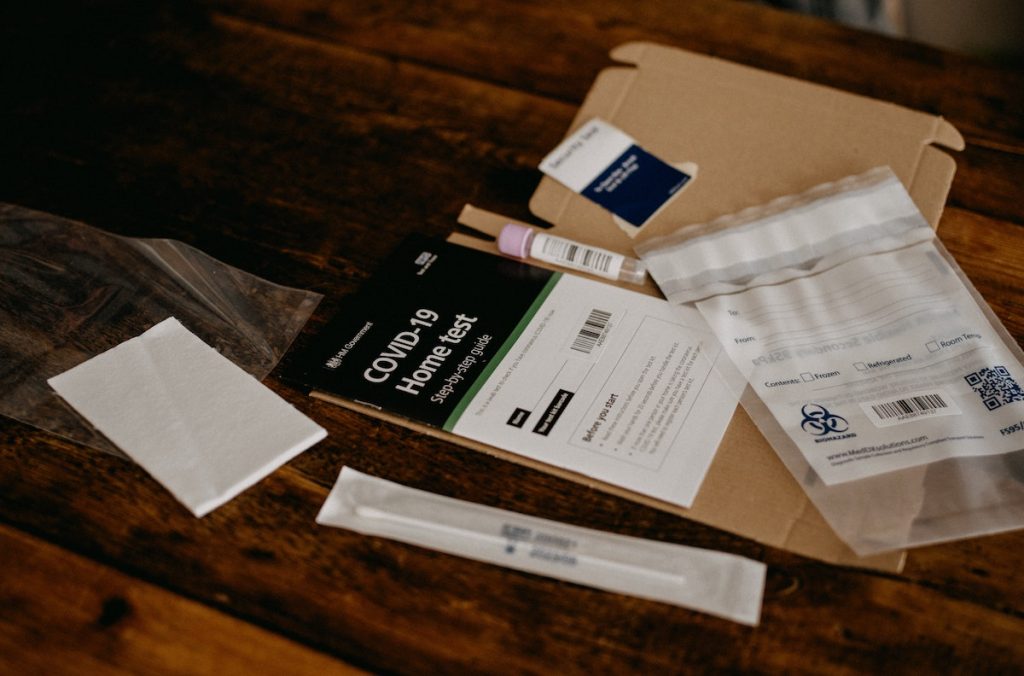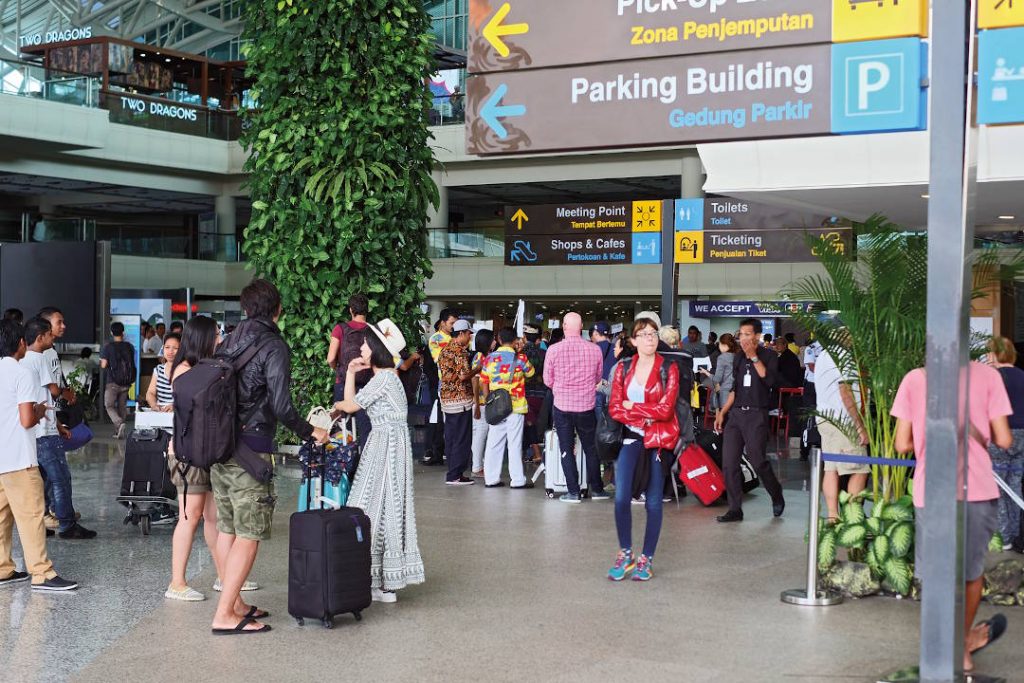On 14 December 2020, the Bali Provincial Government posted their latest ‘Surat Edaran’ or Circular Letter, outlining the new rules they had set for the upcoming Christmas and New Year holidays. The letter (Surat Edaran 2021 Tahun 2020) has since been received with both shock and anger as the last-minute regulations have a direct impact on both businesses and individuals.

What are the new rules?
There are many points made on the circular letter (full PDF of circular can be found below article), but the main points, or at least those that have the most effect are as follows:
In relation to travellers:
• Point 2.b. Domestic travellers entering Bali via air travel (flights) must show proof of a negative PCR/Swab test with a maximum of 2-days (2 x 24 hours) before flight.
• Point 2.c. Domestic travellers entering Bali via land or sea must show proof of a negative rapid antigen test, with a maximum of 2-days before departure.
Update: letter of confirmation of a negative test (PCR or Antigen) now lasts to a maximum of 7 days before departure. Children under the age of 12 are not required to provide a test result.
In relation to Christmas and New Year festivities:
• Point 3.b.1. No New Year parties or events are permitted at both indoor and outdoor spaces.
• Point 3.b.2 No fireworks or fire crackers or any of the sort are permitted.
• Point 3.b.3 No one is allowed to be intoxicated by hard alcohol.
These new rules are put into effect from 18 December 2020 to 4 January 2021, directly affecting two major holidays and events, Christmas and New Years.
Update: put into effect 19 December 2020.
There is little doubt that these new rules have been made to keep Covid-19 numbers low on the island, and to reduce the risk of increased infections coming from regions outside of Bali. Currently Bali has roughly 915 active cases (15 December 2020) and the provincial government’s goals are to reduce this number. With the holiday season coming, Bali was expecting a sudden increase in domestic tourists and thus was at risk of increased cases.
But that’s exactly the point: both tourists and the tourism industry had already placed their bets on Bali to become the year-end destination of the festive season. This high expectation of increased business, and a chance to enjoy oneself at the end of the year has been severely dampened by these new regulations, which have seen instant backlash from both businesses and individuals.
Reports have already shared that as many as 133.000 requests for refunds have already been placed as a result of the announcement of the mandatory PCR test in this new regulation. This was shared by Chairman of the Association of Indonesian Hotels and Restaurants (PHRI), Hariyadi Sukamdani, during a webinar on 16 December 2020.

Here are the main criticisms of these new regulations:
Firstly, the timing of the letter is being seen as far too last minute, as the majority of holiday-goers have already booked flights and/or accommodation far before the 14th of December when this letter was published. By this time many businesses have already made their own prepartions for Christmas and New Years, too, hoping to capitalise on the year-end boon after such a disastrous financial year.
Secondly, many holidaying families are likely to think twice about coming to Bali with the increased cost of approximately IDR 900.000 per PCR / Swab test. One family has shared with NOW! Bali that this would be an additional IDR 9.000.000 just for swab tests, on top of the flights and hotels they have already booked. Now the question is whether they should cancel their flights and hotel booking, or pay the extra money for the tests as not to waste the money already spent. Again, after a difficult financial year, this is not an easy decision to make for many domestic holiday-goers.
As mentioned earlier, the majority of holiday-goers are opting for cancellations and refunds. The 133.000 refund request is said to cost a total of IDR 317 Billion in losses, and a total cost of IDR 967 Billion for Bali’s economy in general.
Thirdly, questions have arisen as to why those arriving via flight and those arriving via land or sea have differing requirements (PCR for flight, rapid antigen for land and sea). Tests are still taken when tourists are at home, and thus the transportation it takes to get to the island does not have an effect on results. So why the different test requirements?
Fourthly, the provincial government has already created their CHSE (Cleanliness, Health, Safety and Environment) certification in order to make sure that businesses are ready to welcome guests in the ‘new normal’ conditions. This holiday season is precisely why businesses have paid
for the certifications and are the best scenario in which to test these new protocols for international tourism as well. These new regulations show a lack of confidence in the provincial government’s own certification program.
Lastly, after the government had spent a total of IDR 20 BILLION (US$1.35million) on their ‘We Love Bali’ program, bringing 4,400 influencers to promote domestic tourism, these new, last-minute regulations seem to completely undermine the objective of the expensive program.
Now, after businesses had planned, worked, published and promoted their end of year programs (be it stays, lunches, dinners etc); and holiday-goers had saved, booked and spent; these new regulations have turned the hopes of a year-end high into a festive gloom…










